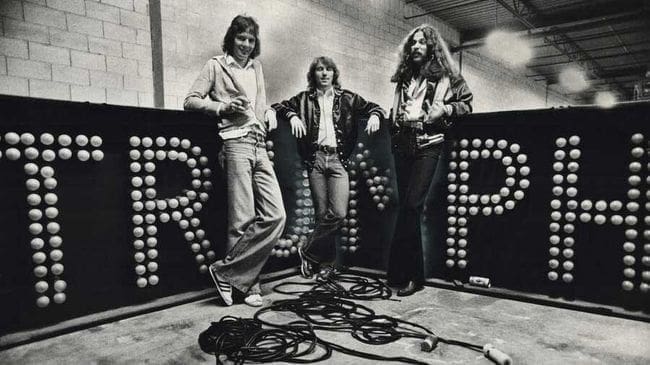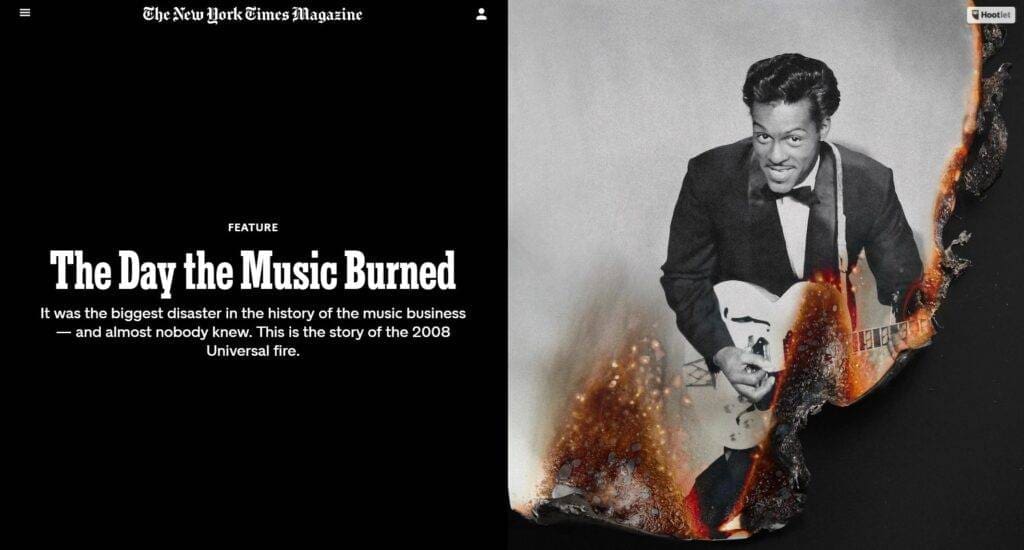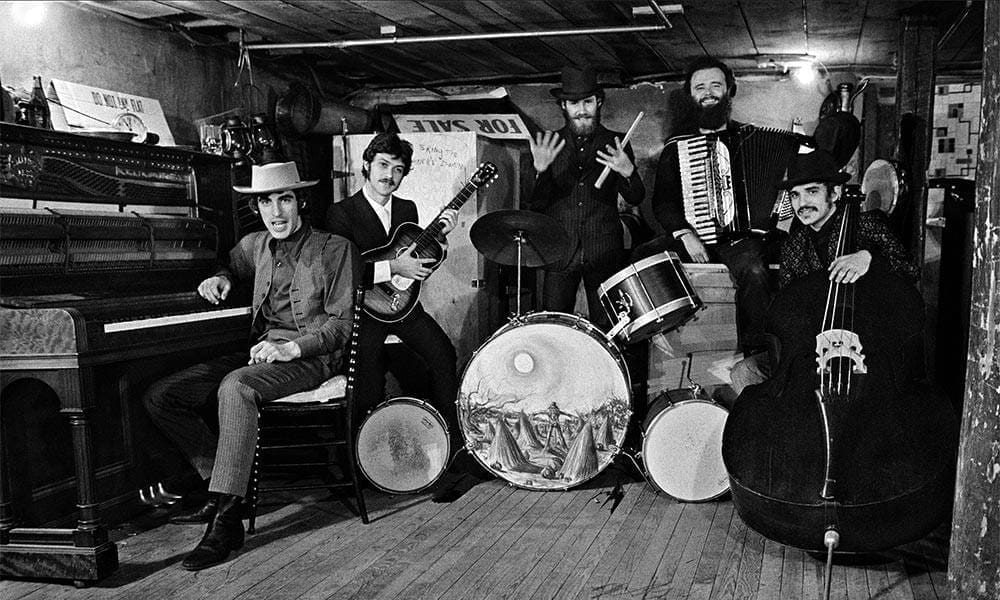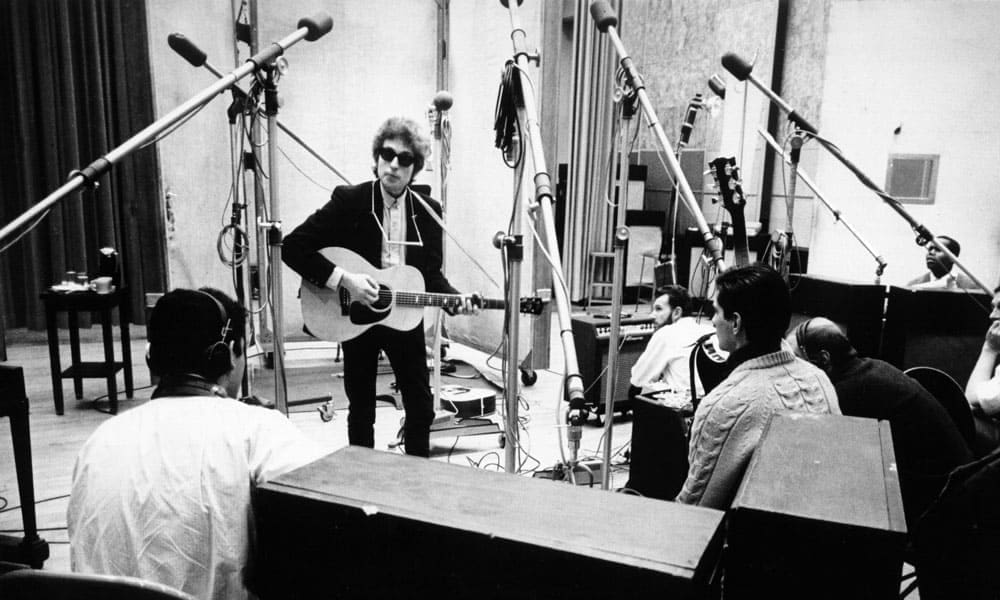Triumph’s Journey: From Rising Stars to Rekindled Brotherhood


Triumph, the Canadian power trio, briefly reformed in 2008 to perform at Sweden Rock festival after a 20-year hiatus filled with bad blood and unresolved issues. Their reunion was sparked by an awards ceremony and facilitated by a mediator, but the journey back to the stage was fraught with personal challenges.
A Tense Reunion
Rik Emmett, the band’s guitarist, shared his experience with Classic Rock magazine from his home in Burlington, near Lake Ontario. He revealed the initial awkwardness of reuniting with his bandmates, Mike Levine (bass) and Gil Moore (drums). Emmett recalled, “We met at a coffee shop with a mediator who promised us induction into the Canadian Music Hall Of Fame if we could reconcile. But the real push for me came from a deeply personal place.”
Personal Loss and a Brother’s Wish
In 2007, Emmett’s younger brother Russell passed away after a battle with cancer. Just before his death, Russell expressed his wish to see Triumph reunited. Emmett remembered his brother’s words: “‘Rik, nobody in the world is a bigger Triumph fan than me, and I would love to see you guys back together.’ I thought: ‘You son of a bitch, Russell! You’re dying of cancer, and now I have to try this!’”
The Painful Departure
Emmett had left Triumph in 1988, seeking new musical challenges, a decision that had deeply hurt his bandmates. The reconciliation process was difficult as they had all harbored anger and bitterness over the years. Emmett reflected, “Each of us had grown to believe our own anger and bitterness. Then you think: ‘That’s fuckin’ stupid. Let it go.’ Pretty soon it was as if we were on the road in Iowa again, just hanging out and cracking jokes.”
Sweden Rock Festival: A Triumphant Return
Their performance at Sweden Rock proved to be a memorable experience. Emmett shared a humorous incident involving Brian Robertson, formerly of Thin Lizzy. Robertson had praised Emmett’s guitar duo, Strung Out Troubadours, formed with Dave Dunlop in 2006. During a fan interaction, a German fan rudely interrupted them with a stack of albums to sign. Later, Robertson spotted the same fan asleep in their hotel lobby and, in a mischievous act of poetic justice, wrote a derogatory term on his forehead with a sharpie.
Triumph’s Origins and Evolution
Before forming Triumph in Mississauga, Ontario, in 1975, Mike Levine and Gil Moore were part of a less succinctly named group, Abernathy Shagnaster’s Wash And Wear Rock & Roll Band. After its dissolution, the pair sought the perfect guitarist to complete their trio. They found their ideal match in Rik Emmett, who was then a prominent guitarist in the prog band Act III, influenced by King Crimson and Gentle Giant. Emmett’s versatile guitar skills and high-register voice, along with Moore’s vocal abilities, became the foundation of Triumph’s unique sound.
Triumph’s Legacy
Triumph’s journey from the brink of superstardom to their emotional reunion is a testament to the enduring power of music and personal connections. Their story, documented in Banger Films’ 2021 biopic Triumph: Rock & Roll Machine, highlights the highs and lows of their career and the eventual healing of old wounds.






Responses